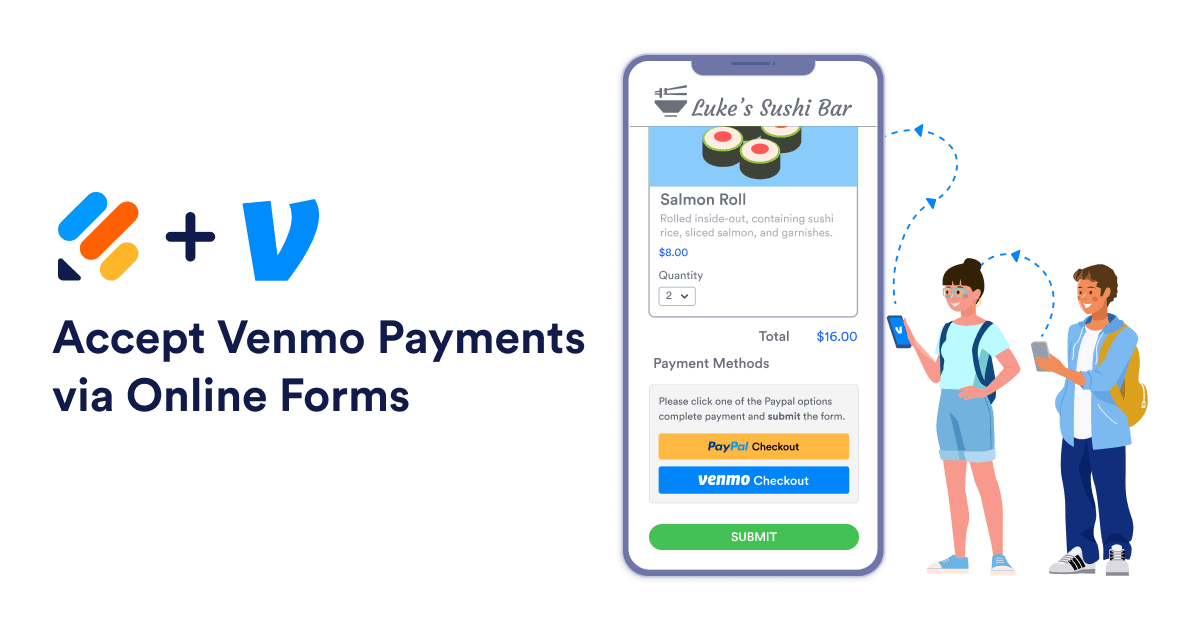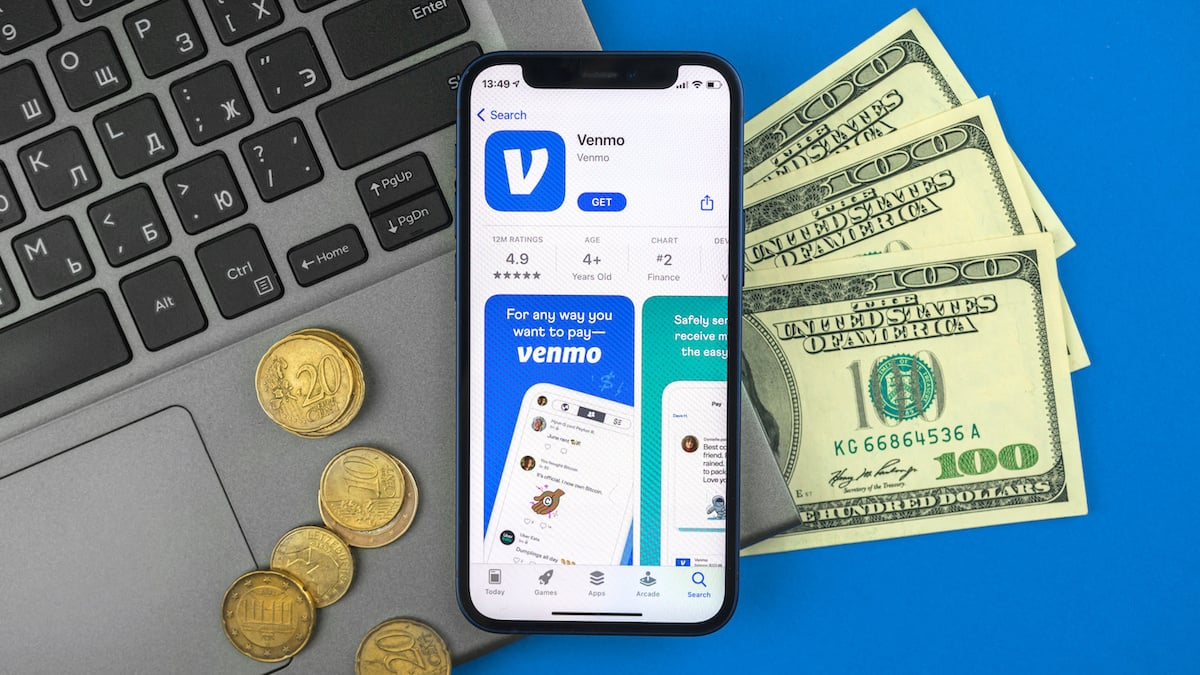13 venmo fee questions (quick answers!)
Have you ever used Venmo to send or receive money, only to be surprised by unexpected fees? Or maybe you’re considering using Venmo but want to know more about the fees involved?
Venmo is a popular peer-to-peer payment app that allows users to send and receive money quickly and easily. However, it’s not always clear how much it will cost you to use the service.
To help you navigate the world of Venmo fees, we’ve compiled a list of 13 commonly asked questions and quick answers. Whether you’re a seasoned Venmo user or just getting started, this guide will help you understand the fees involved and make informed decisions about your transactions.
Venmo is a popular peer-to-peer payment app that allows users to easily send and receive money. While it’s convenient, there are fees associated with certain transactions. Many users are unaware of these fees or don’t fully understand how they work.
1) How Much Does Venmo Charge Per Transaction
For most transactions, Venmo does not charge a fee. The only time you may be charged is when you use a credit or debit card to add money to your Venmo balance, which incurs a 3% fee.

2) Are There Any Limitations on Transactions?
Yes, there are limitations on transactions. Venmo limits the amount of money that can be sent or received in a single transaction to $4,999.99. Additionally, you cannot use Venmo to send money to someone outside of the United States, and you cannot use it to pay merchants or businesses directly.
3) Does Venmo Charge for Instant Transfers?
Yes, Venmo charges a 1% fee for instant transfers to your bank account. The fee is capped at $10 per transfer.
4) Is There a Way to Avoid Paying Fees?
Yes, you can avoid fees by linking your Venmo account to a debit card or bank account and using those methods to add money to your Venmo balance. You can also use a linked bank account to send money for free.
5) Does Venmo Charge Fees on Receiving Money?
No, Venmo does not charge fees on receiving money. The only time you may be charged a fee is if you use a credit or debit card to add money to your Venmo balance, which incurs a 3% fee.
Venmo does not charge fees for receiving money from friends or family members. However, if you receive payments from customers for goods or services, Venmo charges a 1.9% fee plus $0.10 per transaction. Additionally, if you choose to transfer your Venmo balance to your bank account instantly, there is a 1% fee of the transfer amount, with a minimum fee of $0.25 and a maximum fee of $10. Standard bank transfers are free and take 1-3 business days to process. It is important to read Venmo’s terms and conditions carefully to understand all fees and charges associated with the platform.
6) Does Venmo Charge for International Transactions?
No, Venmo does not support international transactions and does not charge fees for them.
Venmo does not currently allow for international transactions. It is only available for use within the United States and cannot be used to send or receive money from other countries. Therefore, there are no fees associated with international transactions on Venmo as they are not possible.
If you need to send or receive money internationally, you will need to use a different platform or service that supports international transactions. It is important to research and compare fees and exchange rates before choosing a service to ensure that you are getting the best deal possible.
7) Does Venmo Have Any Other Fees?
Yes, there are other fees associated with using Venmo. For example, if you use a linked bank account or credit card to add money to your balance, a 3% fee will be charged. Additionally, there is a 1% fee for instant transfers to your bank account.
For example, there is a 1% fee for instant transfers, which allows users to transfer money from their Venmo account to their bank account instantly. There is also a 3% fee for using a credit card to fund transactions. Additionally, Venmo charges a fee for certain types of transactions, such as those involving goods and services.
These fees are typically 1.9% plus $0.10 per transaction. Venmo may also charge fees for other services, such as their Venmo Mastercard, which may have foreign transaction fees or ATM fees. It is important to review Venmo’s fee schedule carefully to understand the costs associated with using the platform.
8) Can I Use Venmo to Pay Merchants and Businesses?
No, you cannot use Venmo to pay merchants or businesses directly. If you want to make a purchase from a merchant that accepts Venmo, you will need to link your debit card or bank account to your Venmo account and use that method to pay.
Venmo is a mobile payment service that allows you to send and receive money from your friends, family, or anyone who has a Venmo account. However, not all merchants and businesses accept Venmo as a payment option, so it’s important to check with the merchant or business before attempting to pay with Venmo. In addition, Venmo charges a 3% fee for transactions made with credit cards, so it’s important to factor that into your decision to use Venmo as a payment method for merchants and businesses.
9) Does Venmo Have Any Special Fees for Businesses?
Yes, businesses can apply for a merchant account with Venmo. This allows them to accept payments from customers who use the app. Business accounts are subject to different fees than personal accounts, including a variable transaction fee and a 3% charge for payments made with a credit card.
Venmo charges a 1.9% transaction fee for each payment received by a business account. Additionally, there is a 1% fee for instant transfers to a business bank account, and a $10,000 weekly limit on instant transfers. Venmo also offers a premium service called Venmo for Business, which includes additional features such as a customizable business profile, the ability to add multiple users to the account, and more detailed transaction reporting.
However, this service also comes with a higher transaction fee of 2.9% plus $0.30 per transaction. Overall, Venmo’s fees for businesses are competitive with other payment processing services, but it is important for businesses to carefully consider their options and choose the service that best meets their needs.
10) How Do I Avoid Paying Fees on Venmo?
To avoid fees on Venmo, you should link your debit card or bank account to your account and use those methods to add money to your balance and send payments. Additionally, you should always check for any applicable fees before completing any transaction with Venmo.
To avoid paying fees on Venmo, you can link your bank account or debit card instead of using a credit card. Venmo charges a 3% fee for transactions made with a credit card, but there are no fees for transactions made with a bank account or debit card.
Additionally, you can opt to receive payments as a bank transfer instead of instant transfer, which also incurs a fee. It is important to note that there may be limits on how much money you can transfer or receive on Venmo, so be sure to check the terms and conditions before making any transactions.
11) Does Venmo Have Any Refund Policies?
Yes, Venmo has a refund policy for eligible purchases. You can request a refund within 180 days of the purchase date. If the merchant does not issue a refund, you may be able to dispute the charge with Venmo and receive a full or partial refund from them.
If you accidentally send money to the wrong person or make a payment for an incorrect amount, you can request a refund from the recipient. Venmo also has a Buyer Protection Program for authorized purchases made through the app, which allows users to dispute transactions if they do not receive the item they paid for or if the item is significantly different from what was described. However, it is important to note that Venmo’s refund policies vary depending on the situation, and users should review the terms of service and contact customer support for specific questions or concerns.
12) How Long Does it Take for Money to Process on Venmo?
Money sent or received through Venmo will typically process within one business day. However, if you choose to use an instant transfer, the money will be deposited into your bank account within 30 minutes. If you are sending money to someone else, they should receive it instantly.
In some cases, it may take longer than one business day for a payment to process. This can happen if there is a problem with your bank account, or if the payment is flagged for review.
13) Does Venmo Report Transactions to the IRS?
Yes, Venmo reports certain transactions to the IRS. For example, any payments of $20,000 or more must be reported. Additionally, all earnings received through Venmo must be reported on your taxes.

If you are looking for an easy and convenient way to transfer money, Venmo is a great option. While there may be fees associated with using the service, there are several ways to avoid them. For example, linking your debit card or bank account to your Venmo account and using those methods to add moneyto your balance can help you avoid fees. Additionally, if you want to make a purchase from a merchant that accepts Venmo, you should use the debit card or bank account linked to your account to make the payment.